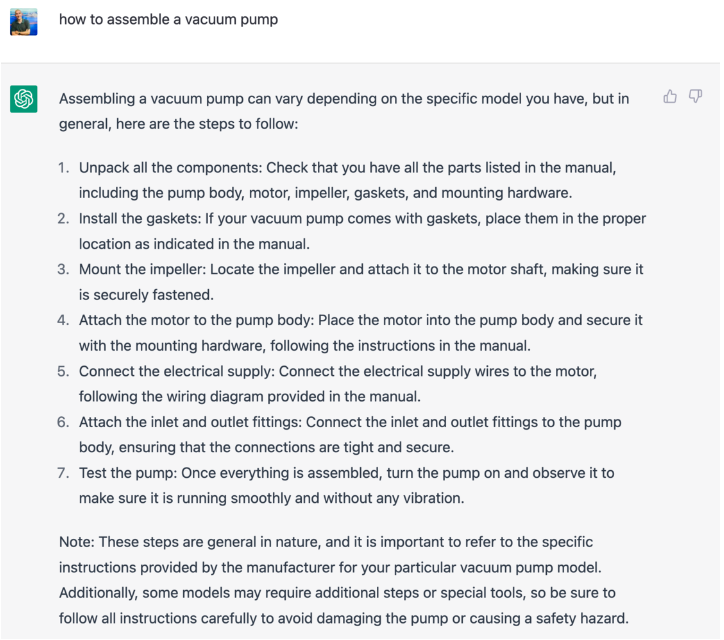Generative AI is probably the most eye-opening and promising innovation of the past 10 years.
I have been in the high-tech industry for over 35 years, lucky to be involved in deploying the Internet and creating the first websites, then working in the search engine technology, knowledge modeling, and machine learning space for 20 years, and I must admit that ChatGPT is one of the most impressive things I have ever seen. And it is a shock to everyone, not just tech nerds.
So much so that every company is probably currently trying to assess how this can transform, endanger, or foster its business. ‘What can we do with this? Will it transform the way we work? If we don’t act, will our competitors displace us?’ Interesting moment, full of promises and opportunities. Or not?
As a software vendor specialized in knowledge management, search technology, and content services, with Fluid Topics being the leading Content Delivery Platform, you can imagine that we are deeply interested in the subject and that we are evaluating if ChatGPT and other generative technologies are going to disrupt the way people search, read, and use technical documentation.
Let’s start with a basic question that may come to the mind of a technical writer: Do you still need to write technical documentation, or can ChatGPT do it for you? Replying to this question requires understanding how generative technology works and what its real possibilities are.
Let’s keep it simple and non-techy. It works by reading a lot, to such an extent that it becomes able to write. Very much like a human being: the more you read (books, articles, …) the more you know. You learn more words, different grammatical forms, and styles, and you acquire knowledge about more subjects. Hence, you become better at writing because you can reuse all that you’ve read after modeling it in your brain. But imagine that from an early age you have only read poetry from before the 20th century. Then, your writing style would be very oriented, and your knowledge about quantum mechanics or cooking recipes would be null. If you were asked to write instructions on how to assemble a vacuum pump, you would be clueless.
Conversely, if you had read about pumps and various maintenance procedures for mechanical parts, you would certainly produce something, at least very generic, but probably not specific enough so that it could really guide a technician for a given model. And this is the key point. Unless you know not only about servicing complex machinery, but also about pumps and the characteristics of a specific model, there is no chance you can write something that is valuable and accurate. You would likely write something incomplete or wrong.
This is the same for ChatGPT. It is only able to generate text based on something it has read before. The difficult part is going from generic to specific without being wrong. Writing nicely does not mean being truthful. And technical documentation is exactly about this: being specific, complete, and accurate.
The example below illustrates this point. One can see that the generated reply is of little use…

So, whether it is for writing tech doc, or providing answers to specific questions, generative AI is not that helpful. Because you still need to write the documentation, and if I ask a question to ChatGPT (assuming it has read the manual you have written), the only thing that the AI can do to be sure it’s right, would be to regurgitate the documentation. Any change to the original text could be at the risk of introducing wrong information, or missing critical one. Hence, we are back to square one: you need to read the documentation as it has been written and validated.
QED. ChatGPT won’t disrupt tech doc creation immediately.
Still, we see options to leverage generative technology in a transformative way. For example, it can assist support agents in efficiently writing replies to cases and drastically reducing time to resolution.
The tests we have conducted so far have given amazing results and we will soon unveil some of these disrupting use cases. Watch this space, there is more to come!
Latest post




